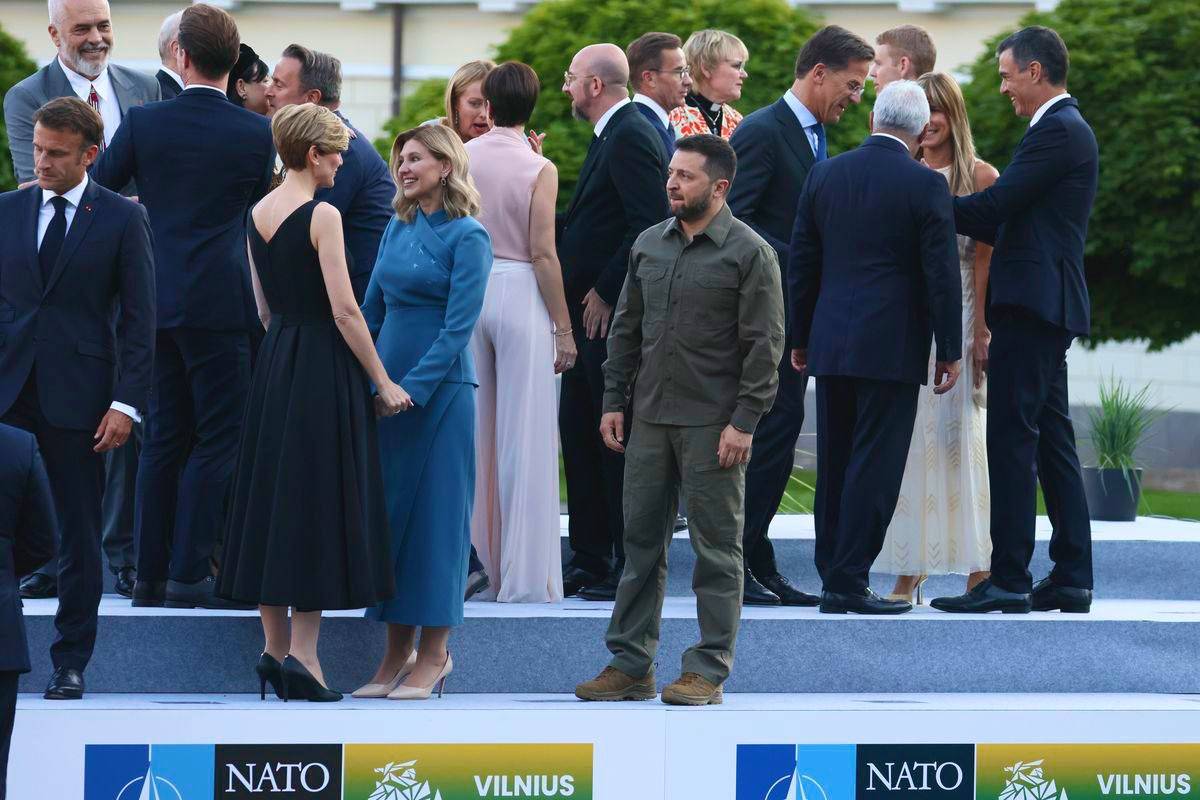Following the recent NATO summit in Vilnius, Lithuania, where President Volodymyr Zelenskyy of Ukraine secured support and weapons from the defense alliance, the question of Ukraine's long-term security remains a subject of intense debate. This article will examine the current outlook for Ukraine's security and explore potential strategies to prevent future attacks by Russia, ranging from bilateral agreements to potential NATO membership.
The Importance of Security Guarantees:
During the NATO summit, G7 states agreed to facilitate long-term security guarantees and provide additional weaponry to Ukraine. However, political scientist Aylin Matle from the German Council on Foreign Relations' Center for Security and Defense cautioned that these "guarantees" differ from the comprehensive Article 5 provisions of NATO's founding treaty, which ensure a collective response to an attack on a member state.
Despite this distinction, Matle emphasized the significance of these measures in strengthening Ukraine's sovereignty. They involve intelligence agency cooperation, support for the Ukrainian defense industry, soldier training, and broader economic assistance. While the West has already supported Ukraine in its conflict with Russia, the recent agreements introduce new elements, signaling ongoing support for Ukraine in the medium and long term and countering Russian President Vladimir Putin's desired outcome of diminishing support for Ukraine.
The Quest for Reassurance:
Security expert Benjamin Tallis, also affiliated with the DGAP, highlighted the potential limitations of these security guarantees in providing the reassurance sought by the Ukrainian people. He referred to the Budapest Memorandum of 1994, where Ukraine relinquished its nuclear weapons in exchange for security assurances from the United Kingdom, the United States, and Russia, which proved inadequate in deterring a Russian attack.
Recommendations for Ukraine's Long-Term Security:
Ensuring Ukraine's long-term security remains a complex challenge that requires continued dialogue and cooperation within the international community. While full NATO membership may only be conceivable once Russia's aggression ends, Tallis proposed an interim solution. He suggested expanding the Joint Expeditionary Force (JEF), a multinational military alliance led by the UK, to include countries like Ukraine, Poland, and France. This expanded force would serve as a formidable deterrent to Russia and contribute to broader European security.
Tallis emphasized the importance of a security offer that not only protects Ukraine but also paves the way for future NATO membership in the medium term. Furthermore, it should strengthen European security as a whole and align with the interests of the states providing the guarantees.
Addressing Ukraine's long-term security requires strategic thinking and a multifaceted approach. While the recent NATO summit yielded important measures and weapon supplies, they fall short of the comprehensive guarantees offered under Article 5. Finding a lasting solution demands a balance between supporting Ukraine's sovereignty and deterring potential aggression. The international community must work together to safeguard Ukraine's integrity, stability, and long-term security through ongoing discussions, cooperation, and the exploration of effective interim solutions.




No comments yet
Be the first to share your thoughts!